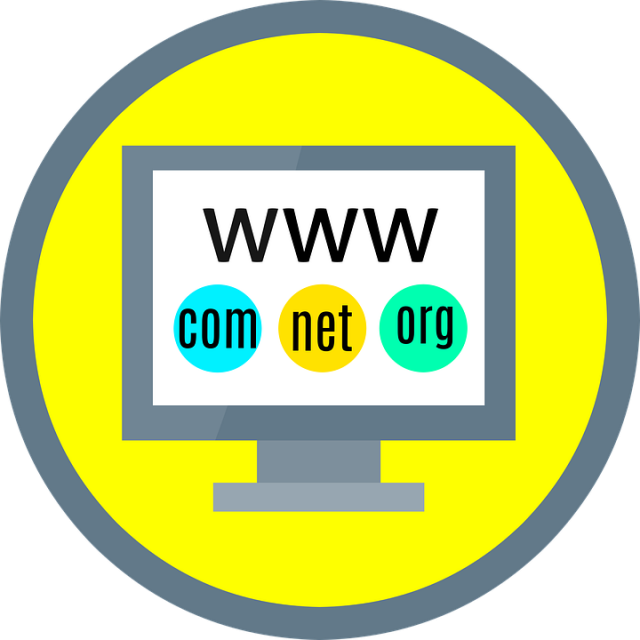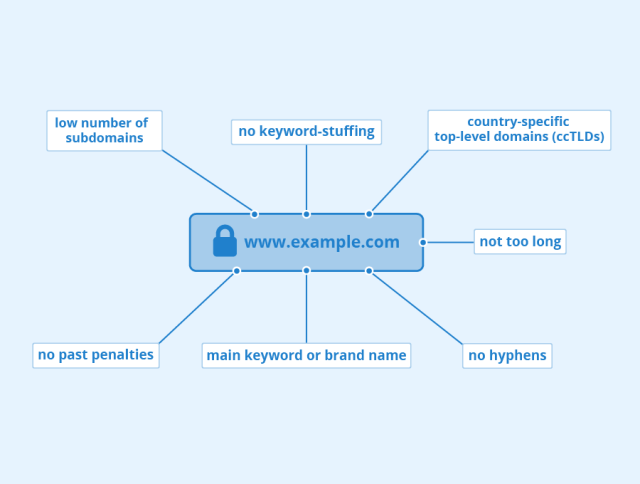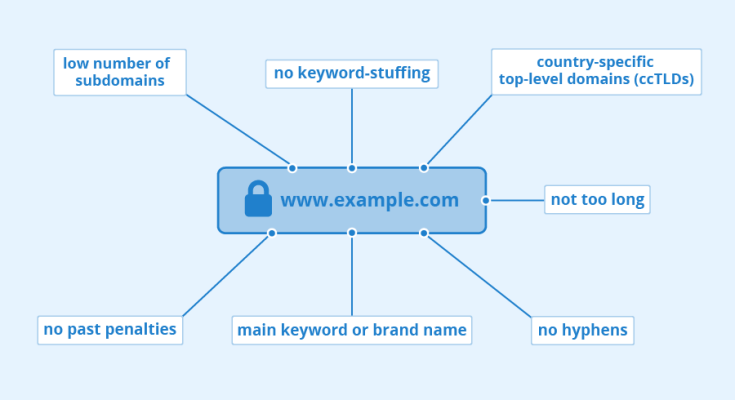When setting up a new website, there are a number of questions you may have over the domain name. For those new to web design and/or e-commerce, these could be technical questions about the process of registering a domain name, or strategic questions about selecting an appropriate domain name.

In this short guide, we will take a look at four frequently asked questions about the process of selecting and setting up a domain name, to help you get your website off the ground.
What’s a domain name?
A domain name is the website address which you type into the address bar in order to access a website. Otherwise known as a URL, the domain name is an incredibly important part of your businesses internet real estate, being shared on business cards, flyers, social media, letterheads and almost every single piece of marketing you create. The more people know your URL, the fewer people you are leaving to the search engine algorithms, allowing your web traffic to get to your site directly. Therefore selecting a great web address is a vital part of your online strategy.

Can I buy a domain name?
Unfortunately, it is not possible to buy domain names on the internet. What happens is that you would rent the domain name for a pre-defined amount of time, from between 1 and 5 years. At the end of your lease on the domain name, you are given first refusal to reclaim the URL, before it goes back into the pot of available domains.
There are a wide range of companies who facilitate the leasing of domain names, with sites such as https://www.names.co.uk/domain-names among the many providers of this service.
Do I get a .com, .co.uk or .biz etc site?
Top level domains (or TLDs)is the generic name for these classifications of websites. The most popular TLD is .com, due to its international appeal. Locality domains such as .co.uk are useful for sites who want to show that they work in a certain location. Generally speaking, if you’re looking at international trade, you should go for an international TLD, whilst if your work is more locally based, a locality domain is fine.
What should my domain contain?
Ideally, your domain name should be short, easy to spell, difficult to make a mistake in typing and avoid hyphens or other unnecessary punctuation.


